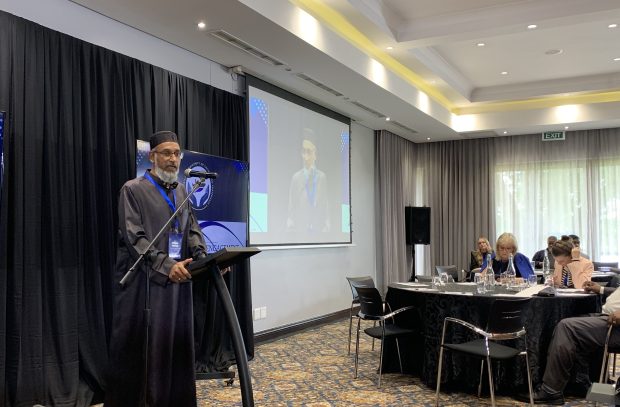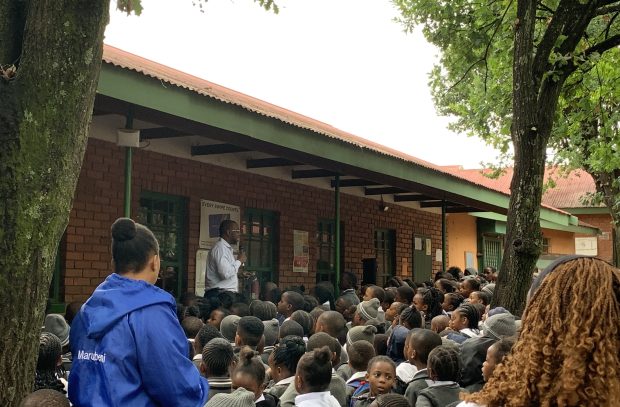IGE Convenes Faith and Government Leaders in South Africa to Catalyze New Partnerships
(Johannesburg, South Africa) From November 12-14, the Institute for Global Engagement (IGE) and the South African Community of Faith-Based Fraternals (SACOFF) hosted a first-of-its-kind conference in Johannesburg titled “Catalyzing Impactful Collaboration between Government and Faith Communities.” The event brought together 64 leaders from South Africa’s faith communities, government, and civil society, including representatives from Christian, Muslim, Jewish, Bahai, and indigenous African faiths, as well as officials from the Department of Cooperative Governance and Traditional Affairs (COGTA), South African Police Service, the Electoral Commission, and political leaders from the African National Congress, Inkatha Freedom Party, Build One South Africa, ActionSA, and the African Christian Democratic Party, to discuss ways to address South Africa’s challenges together.
The year 2024 marks 30 years since the end of apartheid and South Africa’s entry into the South African Development Community, but the nation faces acute challenges. The 2024 general elections resulted in a fragmented coalition government, while the unemployment rate soared above 33% and frequent load-shedding due to energy shortages have put pressure on communities and increased social tensions. With faith being a cornerstone of life for many South Africans, the conference explored how the influence of religious communities, which played a key role in ending apartheid, could help address these critical challenges.
ANC Secretary-General Fikile Mbalula opened the event with a keynote, noting the ANC’s origins in the church with a pastor serving as its first leader. “Faith communities can be important partners in our national dialogue,” he said, encouraging practical cooperation. His remarks set a focused tone for the discussions that followed.
COGTA Deputy Minister Namane Dickson Masemola stated that there was a need for greqter mobilization of churches to tackle social problems, povery and inequality. He declared, “At COGTA, we have open doors to all proposals from the church.”
SACOFF president and senior pastor of 3C Church Bert Pretorius said, “It’s so important that the church has as voice and that the church is involved within our nation, being the moral voice to those who are leading us.”
Blessed Gwala, the national chairman of the Inkatha Freedom Party and Chief Whip of the KwaZulu-Natal Legislature, stated that SADC governments should invest more in churches and faith-based charities to build their capacity and leverage their unique strengths. They play a role in bringing peace, stability, social cohesion, and combatting corruption. In his role as a Member of Parliament, he has often worked with faith-based organizations.
This conference was the first to bring together South Africa’s government and all major faith communities to focus on combining top-down and bottom-up approaches to tackle issues like poverty, corruption, and social cohesion. The conference created a starting point for partnerships aimed at solving problems and pragmatic solutions.
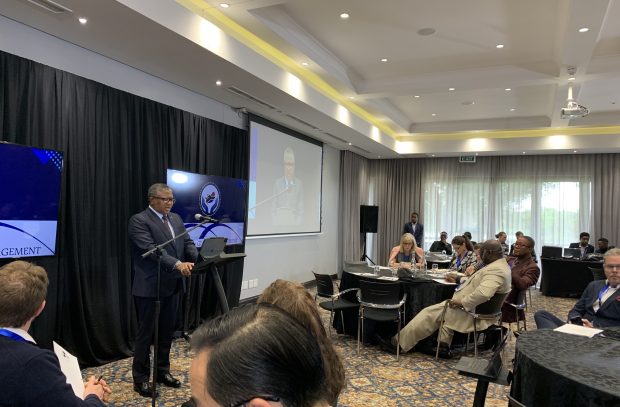
African National Congress Secretary-General Fikile Mbalula delivered the keynote address to open the conference.
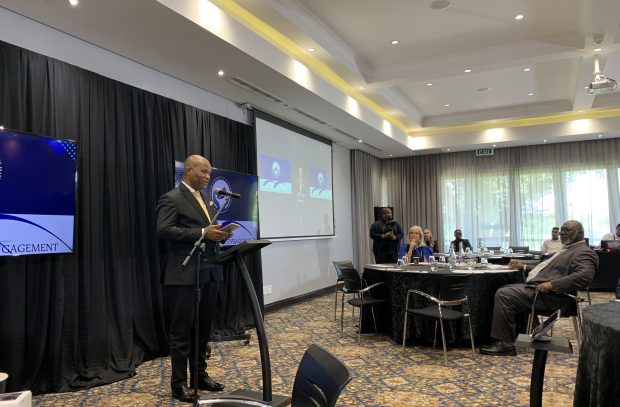
South Africa's deputy minister of the Department of Cooperative Governance and Traditional Affairs Namane Dickson Masemola stated that his department had an "open door" to working with the church.
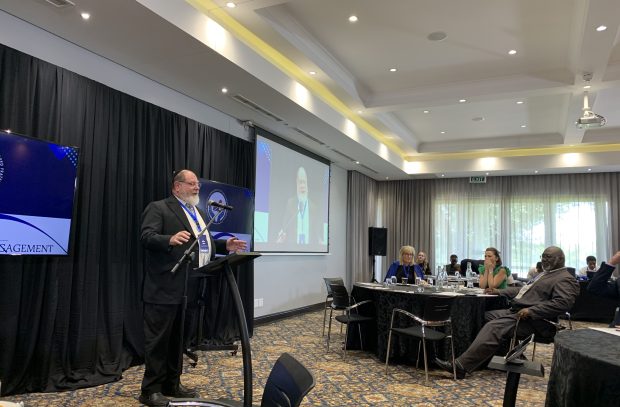
South Africa Jewish Board of Deputies executive member Rabbi David Shaw shares lessons from Psalm 121: "Our help comes from God."
